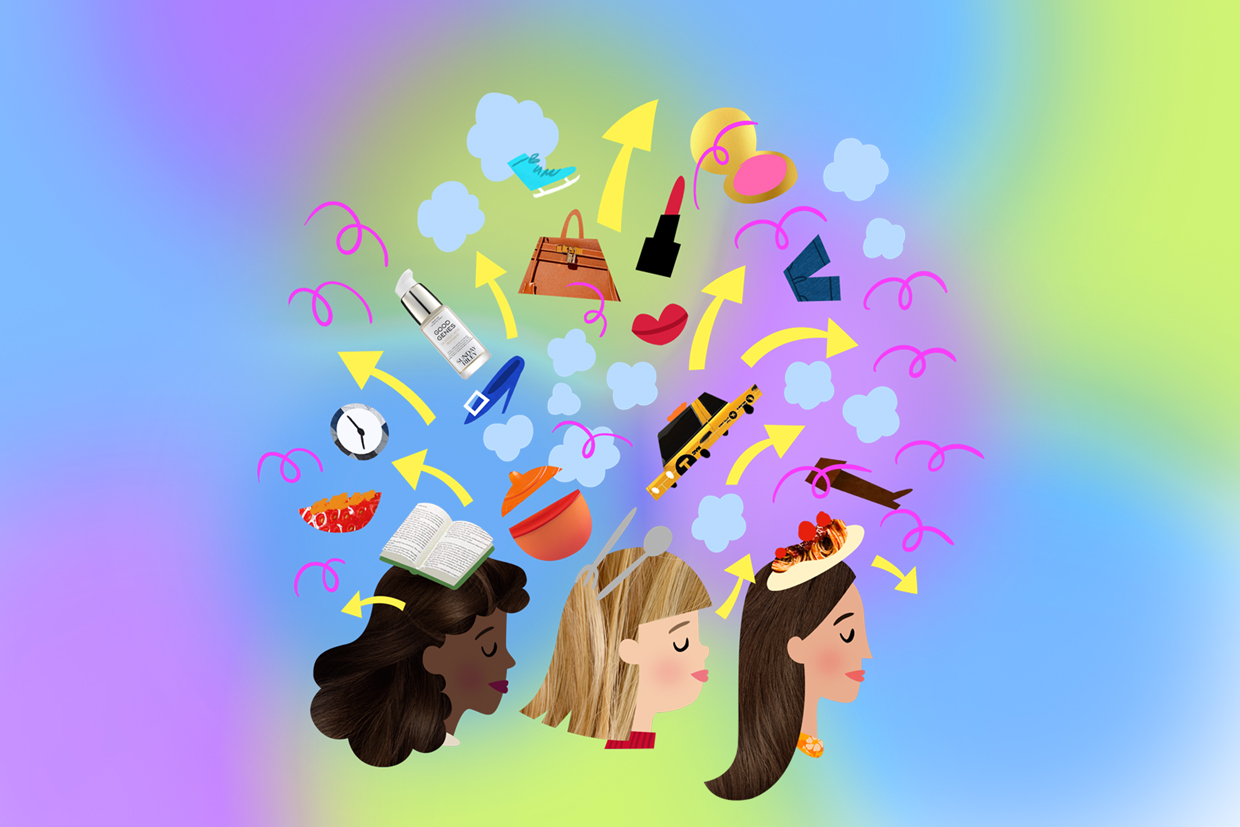When you struggle to focus and quickly become distracted in your personal or professional life, it could be more than a short attention span. Instead, you could be an adult who has Attention Deficit Hyperactivity Disorder or ADHD. Though many people are familiar with this diagnosis for children or teenagers, the ‘grown-up’ version is more common than most realize. According to the Centers for Disease Control and Prevention, about four million of the adult population has ADHD, ranging from acute to extreme symptoms.
If you believe you may have adult ADHD, remember it’s not all bad. In fact, your brain may just be more powerful than others — and that’s super-cool. Here, we dig into this topic:
What is ADHD?
As defined by life coach Adam Jablin, who works with many adults with ADHD, this chronic mental health disorder causes hyperactivity, impulsiveness, and a fidgety nature. While children with this condition are abrupt, loud, and chaotic, these symptoms become more subtle as they grow and mature. “In adults, it can be disguised with maturity but still cause havoc in one’s life,” he explains. “Many times when I have worked with my very successful clients, I pick up on adult ADHD. Although it can hinder life at times, it is also a super-power because it allows the brain to process information at a much higher rate.”
“Adult ADHD is primarily different because our frontal lobes are more developed. What that means is that we may have developed coping skills and better ways to ‘mask’ symptoms, which can sometimes make it harder to diagnose,” explains Sasha Hamdani, MD, Diplomate of the American Board of Psychiatry & Neurology and board-certified in General & Adult Psychiatry.
Three signs you may have adult ADHD
“ADHD is broken into three main classifications: inattentive type, hyperactive type, and combined type (a combination of the two previous categories, more on that below),” adds Hamdani.
The inattentive type may note that is hard to pay close attention to details and that he/she makes careless mistakes in school/work or during other activities. “A patient has difficulty sustaining attention in tasks or activities and does not seem to listen when spoken to directly. The patient often loses things necessary for tasks or activities and notes that being forgetful is an issue. The patient notes that he/she is easily distracted by things happening around her,” says Hamdani.
As Jablin says, symptoms range from difficulty focusing and forgetfulness to hyperactivity and being nocturnal. Because of this, adult ADHD may be tricky to diagnose. While your colleague may have an extreme version, yours could be more subtle. That’s why it’s essential to take note of your behavior, mood, and reactions. Here, some key indicators of adult ADHD:
You have very little patience.
There are circumstances where everyone starts tapping their foot, sighing, or rolling their eyes. You know: the unbearable lines at the post office, when someone is moving super-slow and holding everyone else up, or a traffic jam. However, for adults with ADHD, the smallest inconvenience can cause a big uproar. Jablin says those with ADHD have a low tolerance level for simple frustrations. In reaction, they may have a significant outburst (like screaming in a restaurant) or drive recklessly to escape. “Essentially your brain is moving too fast. Due to its unique wiring and neurochemical saturation, it can be difficult to process data that is zooming by, which can lead to disorganization, procrastination, and frustration,” adds Hamdani.
In many cases, Jablin says adults with ADHD were not always this way. Instead, it could likely be from many years of battling ADHD-like symptoms without being correctly diagnosed. To move past this behavior, Jablin uses grounding and breathing techniques to create calmness and patience. These include:
- Finding something in nature to focus on. Maybe it’s a tree, a lake, or even a simple flower bush. Rather than growing more anxious with whatever is driving you crazy, think about the colors, the smell, and the feeling you get from Mother Nature’s wonder. This will ground you — and help you feel more at peace.
- Try the box breathing method. This is where you inhale for five seconds, hold your breath for five seconds, then exhale for five seconds. You can go through this ritual as many times as you need to ease your frustration.
You can’t control your words.
Reflect back on the last time you were in a social setting with friends. When your pal was telling you a story, did you feel the pressure to chime in your opinion? Or, do you often feel like you need to finish people’s sentences? When you’re talking with someone, do you often draw rapid conclusions about who they are or what they’re saying? And last: do you struggle to listen and pay attention to others, and thus, unable to recall what they told you? Jablin says this difficulty with communication can be undiagnosed ADHD.
“With the hyperactive type, the patient may have always been an active person and is often “on the go.” The patient may be fidgety and has trouble staying in a seat. The patient notes that she/he can talk excessively, have difficulty participating in conversations because she/he has difficulty waiting for her turn, or keeps interrupting other people. She/he often notices that she/he can often blurt out an answer before a question has been completed,” adds Hamdani.
While it’s often mistaken for over-enthusiasm, adults typically figure out how to have practical discussions without running off-topic and talking over people. To work on biting their tongue, Jablin says it’s helpful to play a part and step into a character. Rather than being your typical self, you’re now Michael Corleone from ‘The Godfather”: calculated, smart, patient and strong. By practicing control, you benefit from a ‘fake it until you make it’ approach.
You can’t finish anything.
Symptoms range from difficulty focusing and forgetfulness to hyperactivity and being nocturnal
Whether it’s movies, a multi-course dinner, a meeting, paying your bills, or really, any task whatsoever, you aren’t great at sitting still. And in some cases, you may not be able to complete essential adult responsibilities, like arriving at the office on time, being there for your friend’s wedding, or anything at all. This is likely an extreme version of adult ADHD, and it requires a visit to your doctor to find solutions. “It is also important to note that inability to finish tasks can also be seen in numerous different psychiatric disorders including depression, anxiety, and Bipolar disorder,” explains Hamdani.
As Jablin says, a health care provider can diagnose the severity of your ADHD and make suggestions on improving your daily routine and performance. While this could include a prescription, in many cases, Jablin says doctors take a holistic approach, from nutrition to exercise improvements.
“Starting a rigorous exercise routine can help calm the body and mind with endorphins and dopamine. We also look at nutrition and focus on lean proteins, vegetables, and healthy fats, while avoiding sugar and caffeine,” he continues. “We also encourage starting a meditation practice. Journal your thoughts daily. Get out of yourself and do a random act of kindness for somebody. Putting all these modules together really creates a healthy and present human being.”
Additional reporting by Kate Danilova.







